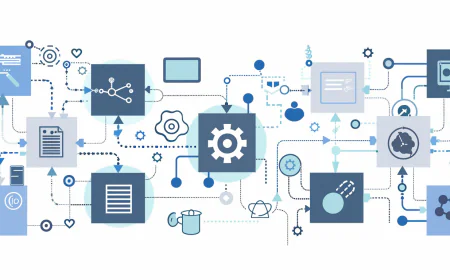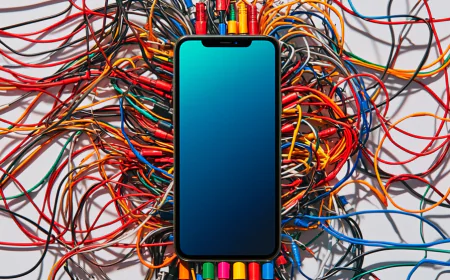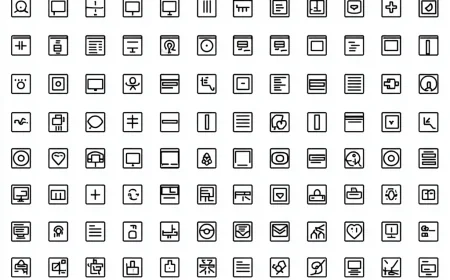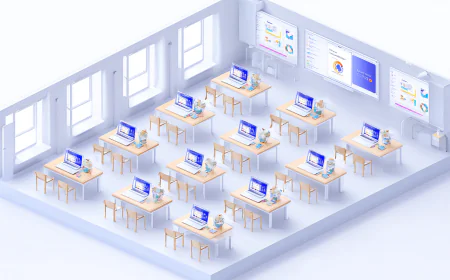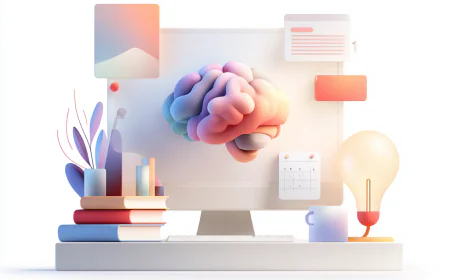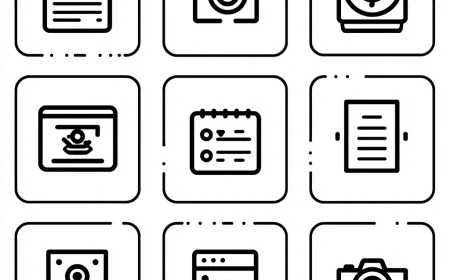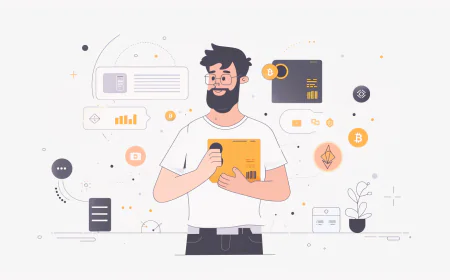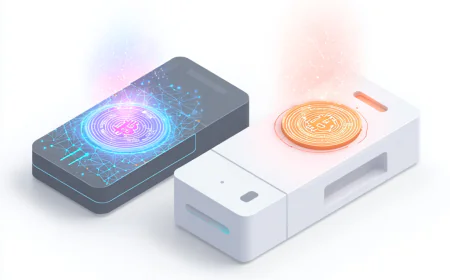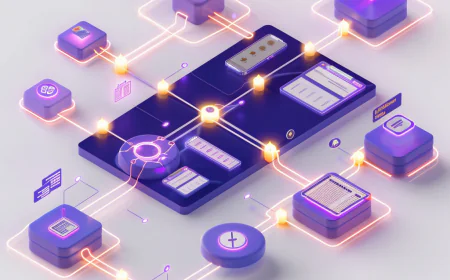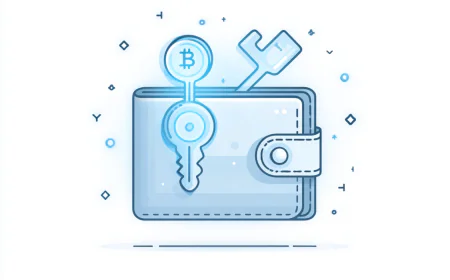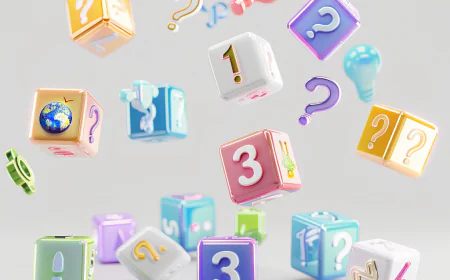The Ultimate Guide to Mastering a New Language for Personal Development
Discover proven strategies to learn a new language perfectly while boosting personal growth. This comprehensive guide covers goal-setting, immersion techniques, consistent practice, and integrating language learning into your self-improvement routine for enhanced cognitive skills and cultural empathy.

The Ultimate Guide to Mastering a New Language for Personal Development
In today's interconnected world, learning a new language isn't just about communication—it's a powerful tool for personal growth. It sharpens your cognitive skills, boosts empathy through cultural immersion, enhances problem-solving abilities, and builds resilience by pushing you out of your comfort zone. Whether you're aiming to advance your career, connect with new people, or simply challenge yourself, mastering a language can transform how you think and interact with the world. But how do you learn it "perfectly"? Perfection might be subjective, but this guide draws on proven strategies to help you achieve fluency efficiently and enjoyably. Let's dive in.
1. Define Your "Why" and Set Clear Goals
Before picking up a textbook or app, ask yourself: Why do you want to learn this language? Is it for travel, business, family connections, or intellectual curiosity? Fixing on your motivation keeps you consistent, especially during tough phases. A strong "why" turns language learning into a personal development journey, fostering discipline and long-term commitment.
Once motivated, set specific, measurable goals. Instead of "learn Spanish," aim for "hold a 10-minute conversation about daily life in three months." Break it down into milestones, like mastering 50 vocabulary words per week or completing a beginner's course. Being specific helps track progress and avoids overwhelm.
2. Choose the Right Resources and Method
Not all learning paths are equal—select tools that match your style and level. For beginners, apps like Duolingo or Babbel offer gamified lessons to build basics quickly. For deeper understanding, consider structured courses on platforms like Coursera or language-specific books.
Polyglots emphasize finding material that suits your proficiency and keeps you engaged, such as podcasts, books, or videos at a comprehensible level (not too easy or hard). If you're visual, focus on videos; if analytical, start with grammar books and exercises. Remember, balance is key: incorporate listening, speaking, reading, and writing to develop well-rounded skills.
3. Master the Basics First
Start with fundamentals: pronunciation, basic vocabulary, and simple grammar. Pronounce words like a native from day one by listening and mimicking—use tools like Forvo or YouTube tutorials. Learn essential phrases for greetings, numbers, and daily needs.
Establish a system for new vocabulary: Use spaced repetition apps like Anki to review words efficiently. Focus on high-frequency terms that appear in 80% of conversations. This foundation prevents frustration later and aligns with personal development by building confidence through quick wins.
4. Immerse Yourself in the Language
Immersion is the fast track to fluency. Surround yourself with the language: Change your phone's settings, listen to music, watch shows with subtitles, or read simple books. Travel if possible, or simulate it via language exchange apps like Tandem or HelloTalk.
Dive into culture too—learn ideas, values, and norms tied to the language for deeper understanding and new conversation topics. This not only accelerates learning but enriches personal growth by broadening your worldview and fostering empathy.
5. Practice Consistently and Actively
Consistency beats intensity. Dedicate time daily, even if just 15-30 minutes. Practice speaking early: Find a language partner, join conversation clubs, or talk to yourself. Don't fear mistakes—they're part of growth.
Use active recall techniques: Quiz yourself on vocab, write sentences, or narrate your day in the target language. For faster progress, focus on comprehensible input—read or listen to material slightly above your level to build intuition naturally.
6. Track Progress and Overcome Challenges
Monitor your journey: Keep a journal of what you've learned, or use apps to log streaks. Celebrate milestones to maintain motivation. When plateaus hit (they will), switch routines—try a new resource or focus on weak areas like grammar.
View challenges as personal development opportunities. Persistence in language learning mirrors life skills like adaptability and grit. If stuck, seek communities on Reddit or forums for tips tailored to your experience.
7. Integrate Language Learning into Your Personal Development Routine
Tie it to broader goals: Use the language to read self-help books, listen to podcasts on growth, or network internationally. This reinforces learning while amplifying benefits like improved memory and multitasking. Over time, you'll notice enhanced focus and creativity spilling into other areas of life.
Conclusion
Mastering a new language perfectly is about progress, not flawlessness. By defining your purpose, using effective methods, immersing yourself, and practicing consistently, you'll not only gain fluency but also unlock profound personal development. Start small today—pick a language, set a goal, and embark on this rewarding adventure. Remember, every word learned is a step toward a more enriched you. Happy learning!
What's Your Reaction?
 Like
0
Like
0
 Dislike
0
Dislike
0
 Love
0
Love
0
 Funny
0
Funny
0
 Angry
0
Angry
0
 Sad
0
Sad
0
 Wow
0
Wow
0
